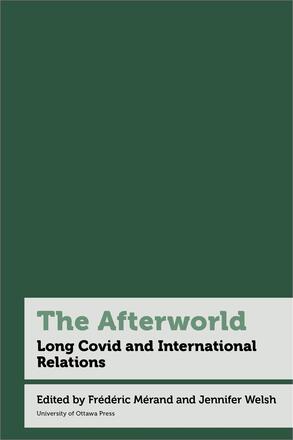
The Afterworld
Long COVID and International Relations (Working Title)
Description
COVID-19 sparked the largest and most global crisis of the 21st century. For some, the impact has been swift and dramatic, with the pandemic pushing tens of millions into poverty and creating extreme food insecurity. For others, the transformations are still bubbling under the surface and questions remain about whether the societal changes brought about by COVID-19 will endure in the post-pandemic period. The return of geopolitics, along with the war in Ukraine and tensions in Asia, have further complexified an already complex global situation.
Since March 2020, there has been an explosion of analyses about the short-term impact and future consequences of long COVID on international relations. Parallels to the 1930s collapse of Europe have been made, as recounted by Stefan Zweig in his famous memoir, The World of Yesterday. While most commentators are pessimistic, some are looking for positive change. This unprecedented crisis demands that we think about how, in the “next world,” we can work to improve the economy, social justice, the environment, gender relations, health, and political institutions—or at least ensure that they do not further deteriorate.
In this book, 50 professors from four Montreal universities, among the top experts in their fields, focus on a specific challenge: international relations. Based on their analyses, they propose progressive, pragmatic, and social science-based ideas that could improve international cooperation, security, and sustainable prosperity beyond the pandemic.